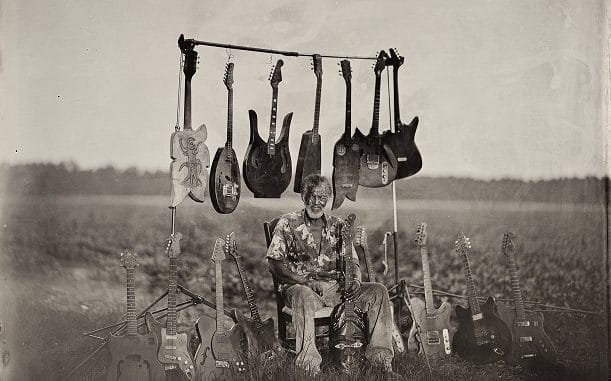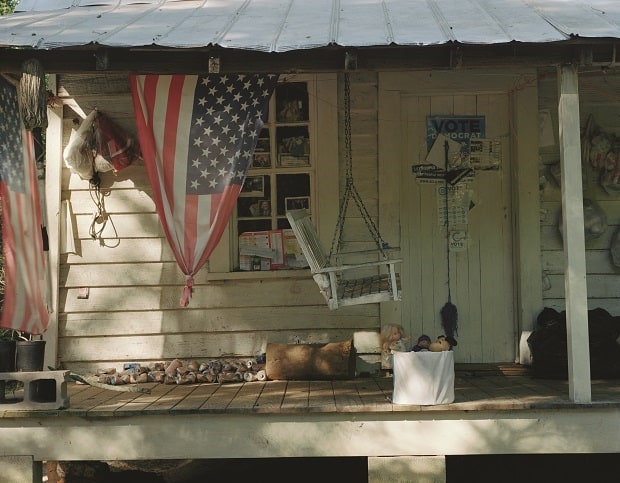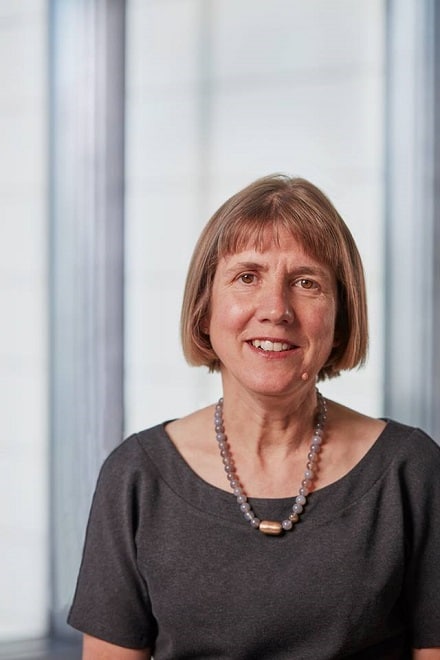
Turner Contemporary will show the work of artists and makers from the Deep South in its new exhibition opening in February.
We Will Walk – Art and Resistance in the American South is the first exhibition of its kind in the UK and reveals a little-known history shaped by the Civil Rights period in the 1950s and 60s.
It will bring together sculptural assemblages, paintings and quilts by more than 20 African American artists from Alabama and surrounding states produced from the mid-20th century to the present, many of which will be coming to Europe for the first time.

In an era of worldwide protest on the streets, We Will Walk addresses issues of race, class and resistance through a diverse range of works developed outside of the mainstream.
The exhibition was conceived by the artist Hannah Collins, who spent three years researching and developing the show, having encountered the work of these artists and makers in the American South. As lead curator, she is joined by curator Paul Goodwin, Professor of Contemporary Art and Urbanism at University of the Arts London, whose interest is in fugitive art practices and place.
The artists represented in the exhibition lived through the Civil Rights struggle and its aftermath, often in conditions of poverty. Some works are direct depictions of the era of protest, while others show the longstanding impact of segregation and racial terror. The art is characterised by the remaking and reuse of materials through necessity, custom, culture and innovation as well as a vital connection to place and nature.

Much of the work in We Will Walk draws on the tradition of the ‘Yard Show’, ephemeral outdoor environments made from salvaged materials. This includes the root sculptures of Bessie Harvey and Emmer Sewell’s iconic work created outside her home in Marion Country. Also included are classic works by celebrated artists William Edmondson, Lonnie Holley and Thornton Dial.
The exhibition will show a series of quilts from the isolated hamlet of Gee’s Bend in Alabama, displayed in the UK for the first time. Many of the inhabitants of Gee’s Bend (known today as Boykin) are descendants of people enslaved on the Pettway plantation. The world-famous quilts have a distinctive style, and are often made from recycling old clothing such as blue jeans.

The exhibition also features a series of guitars by Freeman Vines, including one made from the wood of an old hanging tree. Vines’ work with the wood became more explicit in its imagery of pain and death as he discovered the story of Oliver Moore, the man who was lynched from the tree.

We Will Walk brings a new context to the works through music, documentation and the work of contemporary African American artists and thinkers including Kerry James Marshall and Angela Davis, who both migrated from Alabama. It will also feature Collins’ documentation of artists’ environments in situ. Unlike other exhibitions to have focused on this territory to date, the exhibition will provide a context for the artworks with the inclusion of archive material documenting Civil Rights events.

Victoria Pomery OBE, Director of Turner Contemporary said: “These extraordinary artworks have been hugely influential on the language of subsequent artists. Bringing this exhibition to Margate highlights the global importance of creativity and its power to provoke change; fundamentally altering the course of an individual’s life, challenging social inequality and inspiring vital debate.”
The exhibition is supported by the Henry Moore Foundation and Art Fund and is open at Turner Contemporary from February 7 until May 3.

